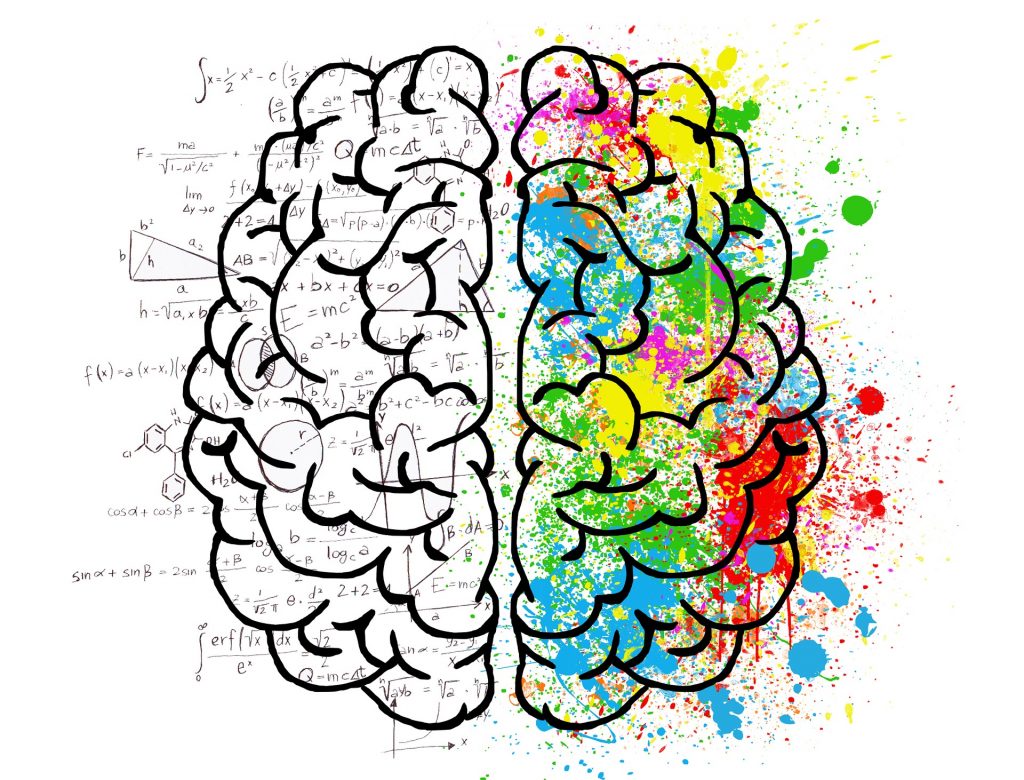
With age comes wisdom, as we all know, but if things go badly wrong, age can also bring along cognitive decline in the forms of things like Alzheimer’s disease.
No one wants to have to be in the position where their relatives are seeking out a dementia care home for the elderly, on their behalf, and I’m pretty convinced that losing your memory slowly, along with your grip on the world around you, would be a pretty horrible thing.
Give yourself the best odds of staving off cognitive decline, here are a few lifestyle tips that may help to keep you mentally sharp as you get older.
Cycle the macronutrients in your diet, and try bit of occasional fasting
The neurologist, Dr David Perlmutter, released a bestselling book some time ago entitled “Grain Brain.”
In that book, he makes the argument that a gluten-free, very low-carb ketogenic diet may not only be able to protect the brain from decline as you get older, but may even help to reverse that kind of decline.
There are some well-known benefits to the ketogenic diet, but it’s controversial to stick with the diet indefinitely. Among other things, hormone imbalances and metabolic issues may occur if you remain in permanent ketosis.
So, what would a good middle ground be? Well, macronutrient cycling, for one thing. That is, going through periods of ketogenic eating, and periods of high carb eating. And, for good measure, try bit of occasional fasting, in between – that has been clearly demonstrated to help rejuvenate brain tissue.
Get plenty of low-level daily exercise – brisk walking does a lot of good
It’s not any kind of a secret that getting regular exercise is really good for you, right?
A lot of people make the mistake of thinking that, in order to be fit, they’ve got to do intense workouts every day. Actually, though, there’s a good deal of research that shows that you can enjoy some pretty amazing benefits just from taking a regular brisk walk.
Do what you can to get plenty of low-level daily exercise, and avoid the temptation to spend too much time sitting around.
Whatever you cut back on in life, don’t cut back on sleep
Sleep is an extremely big deal, and it’s been shown time and time again that people who get too little of it, are at a dramatically increased risk of experiencing mental decline, along with overall poor health across the board.
In order to achieve our goals, and do all the things we want to do in life, it’s pretty normal that we end up cutting back on certain things that might be best not to cut back on.
It’s really important, though, that you don’t cut back on your sleep. Get as much of it is you need in order to feel rested. It’s a life-or-death issue.










